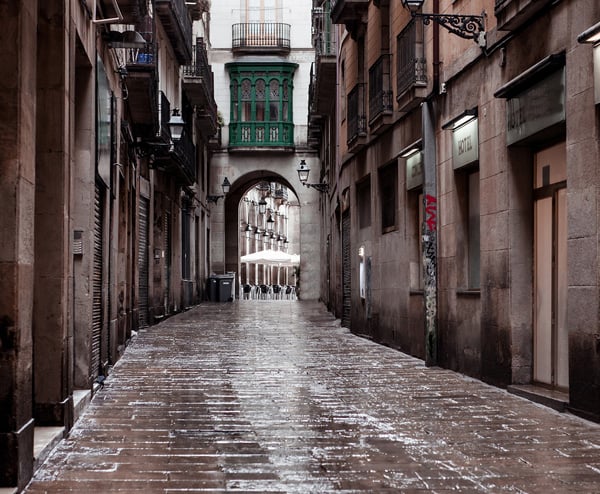
Barcelona is a bustling city with a comprehensive public transportation system that makes it easy for both locals and expats to navigate the city without a car. The city’s public transportation network includes the Barcelona Metro, buses run by Transports Metropolitans de Barcelona (TMB), trams, and the Ferrocarrils de la Generalitat de Catalunya (FGC) suburban trains. There are also numerous bike rental services and taxis available throughout the city.
Barcelona Metro
The Barcelona Metro is a convenient and efficient way to get around the city. It is comprised of 12 lines that cover a large portion of the metropolitan area. The metro is generally safe to use at all times of the day, with security personnel present at most stations. It is also considered safe for women traveling alone and for children, with many local children using the metro to get to and from school. A single ticket costs €2.40, but there are various travel cards available that offer unlimited travel for a certain period of time, making it a cost-effective option for regular users. The metro operates from 5:00 am to midnight from Sunday to Thursday, with continuous service on Fridays and Saturdays.
TMB Buses
Barcelona’s bus network is extensive, with over 100 lines that cover the entire city and its surrounding areas. The buses are clean, modern, and reliable, with most of them equipped with air conditioning and free Wi-Fi. They are also wheelchair accessible. The bus system is safe to use, with security cameras installed on all buses. The cost of a single bus ticket is the same as the metro at €2.40. The buses run from 5:00 am to 11:00 pm, with a limited night bus service operating after these hours.
Trams
Barcelona’s tram system is a comfortable and scenic way to travel around the city. There are two tram networks, Trambaix and Trambesòs, that serve the western and eastern parts of the city respectively. The trams are modern and spacious, with large windows that offer great views of the city. They are also safe and reliable, with regular services throughout the day. A single tram ticket costs €2.40, the same as the metro and buses.
FGC Suburban Trains
The FGC suburban trains are a great way to travel to the outskirts of Barcelona and to other towns in Catalonia. The trains are fast and punctual, with regular services throughout the day. They are also safe to use, with security personnel present at all stations. The cost of a ticket depends on the distance traveled, but a single ticket to a nearby town typically costs around €3.00. The FGC trains operate from 5:00 am to midnight from Monday to Sunday.
Bike Rental Services
Barcelona is a bike-friendly city with over 200 km of bike lanes. There are numerous bike rental services available throughout the city, including Bicing, Barcelona’s public bike sharing service. Bicing offers two types of subscriptions, a yearly subscription for €50 and a casual 30-day subscription for €10. Once subscribed, the first 30 minutes of each trip are free, with a small fee for additional time. The bikes are a great way to explore the city at your own pace, and they are also a healthy and environmentally friendly mode of transportation.
Taxis
Taxis are plentiful in Barcelona and can be hailed on the street or booked through a mobile app. They are a convenient way to travel, especially if you’re carrying heavy luggage or traveling in a group. The taxis are metered, with a minimum fare of €2.50 and an additional charge per kilometer. They are generally safe to use, with most drivers being professional and courteous.
In conclusion, Barcelona’s public transportation system is comprehensive, reliable, and safe, making it possible for expats to live comfortably in the city without a car. Whether you prefer the speed of the metro, the convenience of the buses, the scenic views from the trams, or the freedom of a bike, Barcelona has got you covered.


